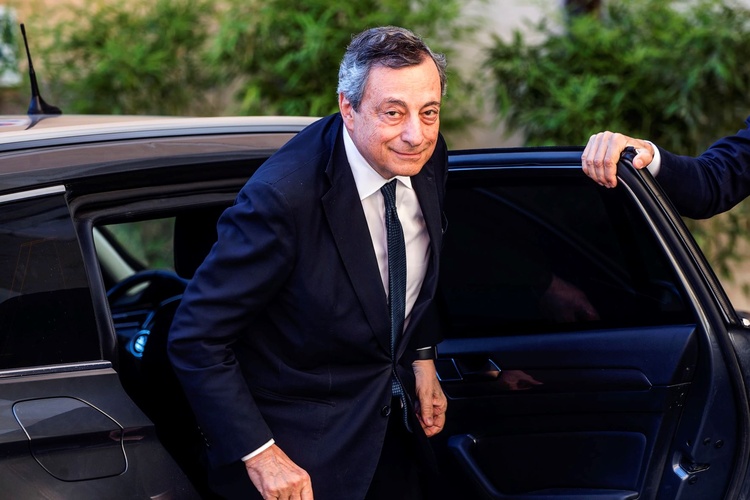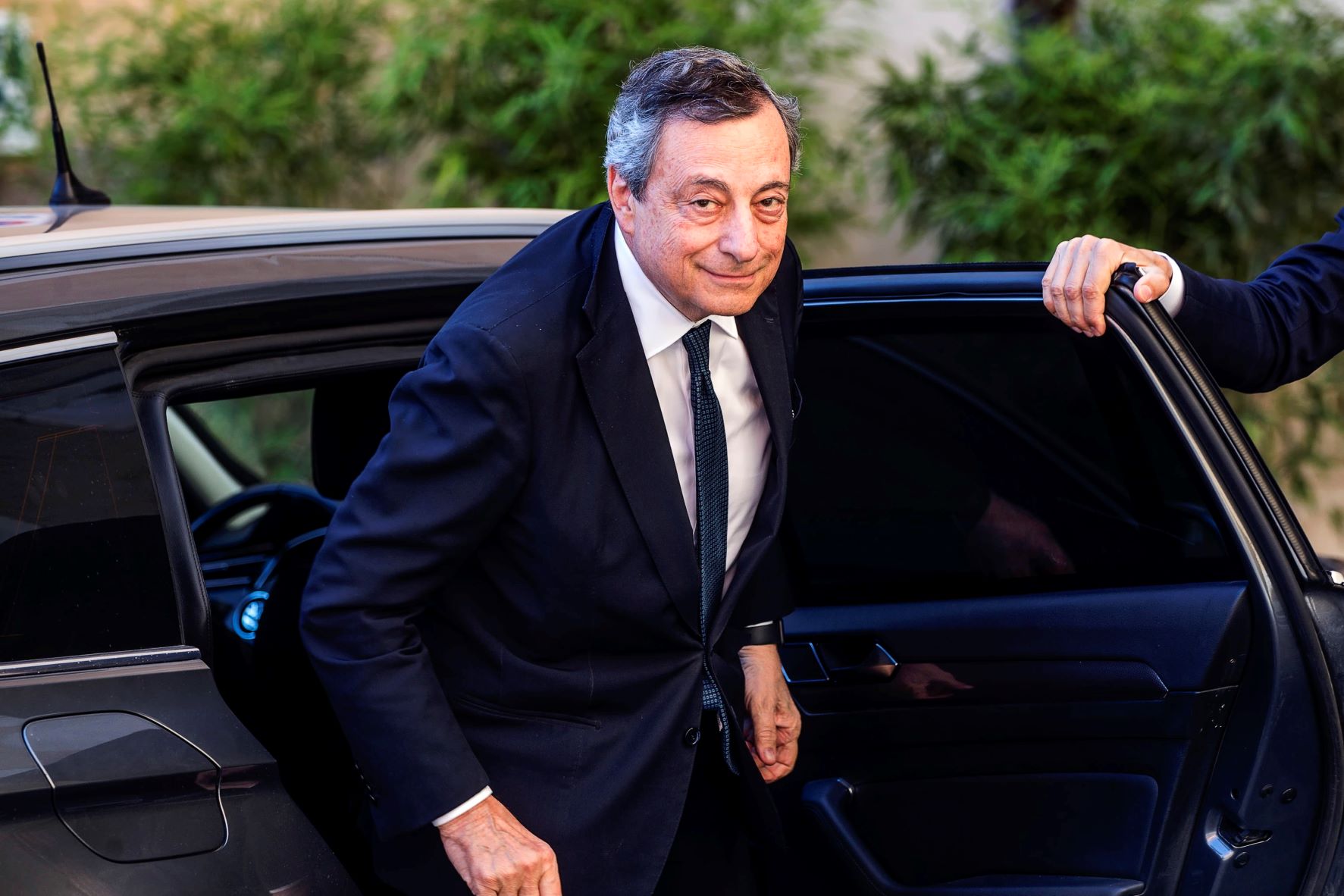After the fracturing of Italy’s political coalition, owing to the Five Star Movement’s party split and subsequent refusal to back Draghi on an economic proposal, Draghi offered his resignation to President Sergio Mattarella.
Mattarella refused, and urged Draghi to find a consensus among the parties that still supported him, fearing the effects of an early election during the country’s economic crisis.
Leader of the Five Star Movement party, Giuseppe Conte, presented Draghi with a list of demands, but a source inside the prime minister’s office has stated that the country’s leader will not give in to ultimatums and is determined to resign.
Over 1000 city mayors across the country have signed a petition, asking Draghi to rethink his desire to resign and provide stability for the country.
In an open letter to the Italian government, the mayors wrote:
“We mayors, who are called upon every day to manager and resolve the problems that affect our citizens, ask Mario Draghi to go ahead and explain to parliament the good reasons why the government must continue.”
Private citizens and businesses alike fear that an unstable government would lead to an unprecedented hike in energy costs and the loss of billions of euros in post-pandemic recovery funds.
Despite the hope of groups from the public and private sectors, it is likely that early national elections may be held in September or October.
Draghi took office in 2021 and was given the task of guiding Italy through the turbulent COVID-19 pandemic.
Opinion polls suggest that, if Draghi leaves office, a bloc of conservative parties will win a clear majority in parliament.
Two of these parties, the League and Forza Italia, are in the current coalition.
The prospect of victory at the next election gives them every reason to welcome the collapse of the current government.
Both groups have affirmed that they are willing to stay and support a government led by Draghi, but only if the Five Star Movement is ousted – a possibility that Draghi has already ruled out.











